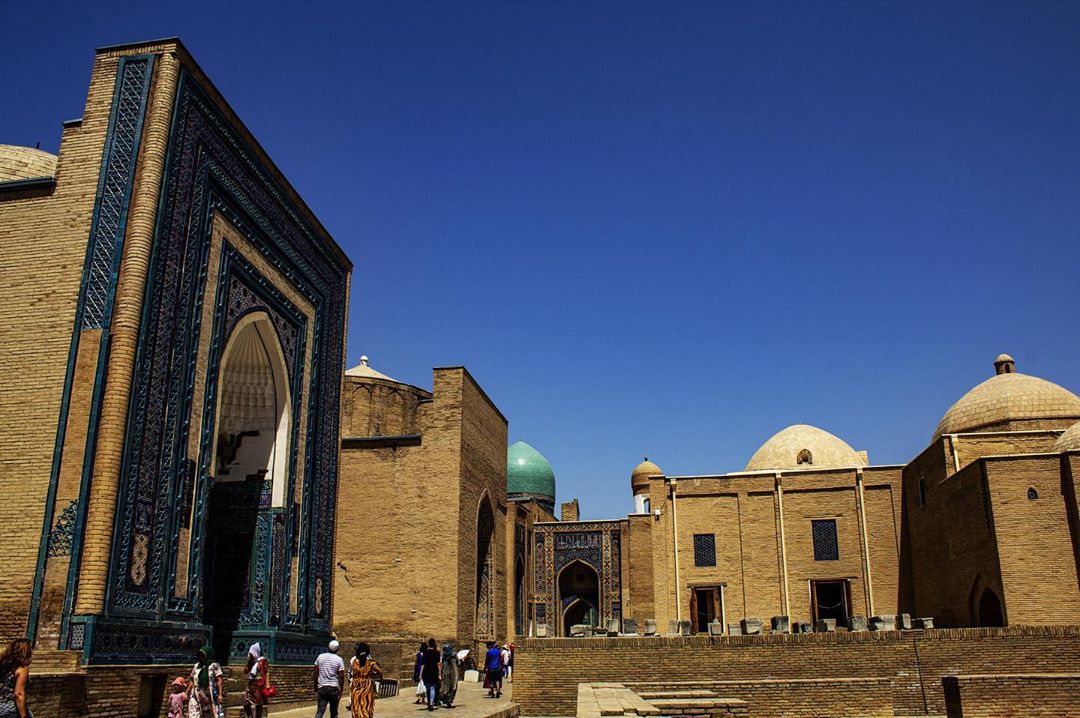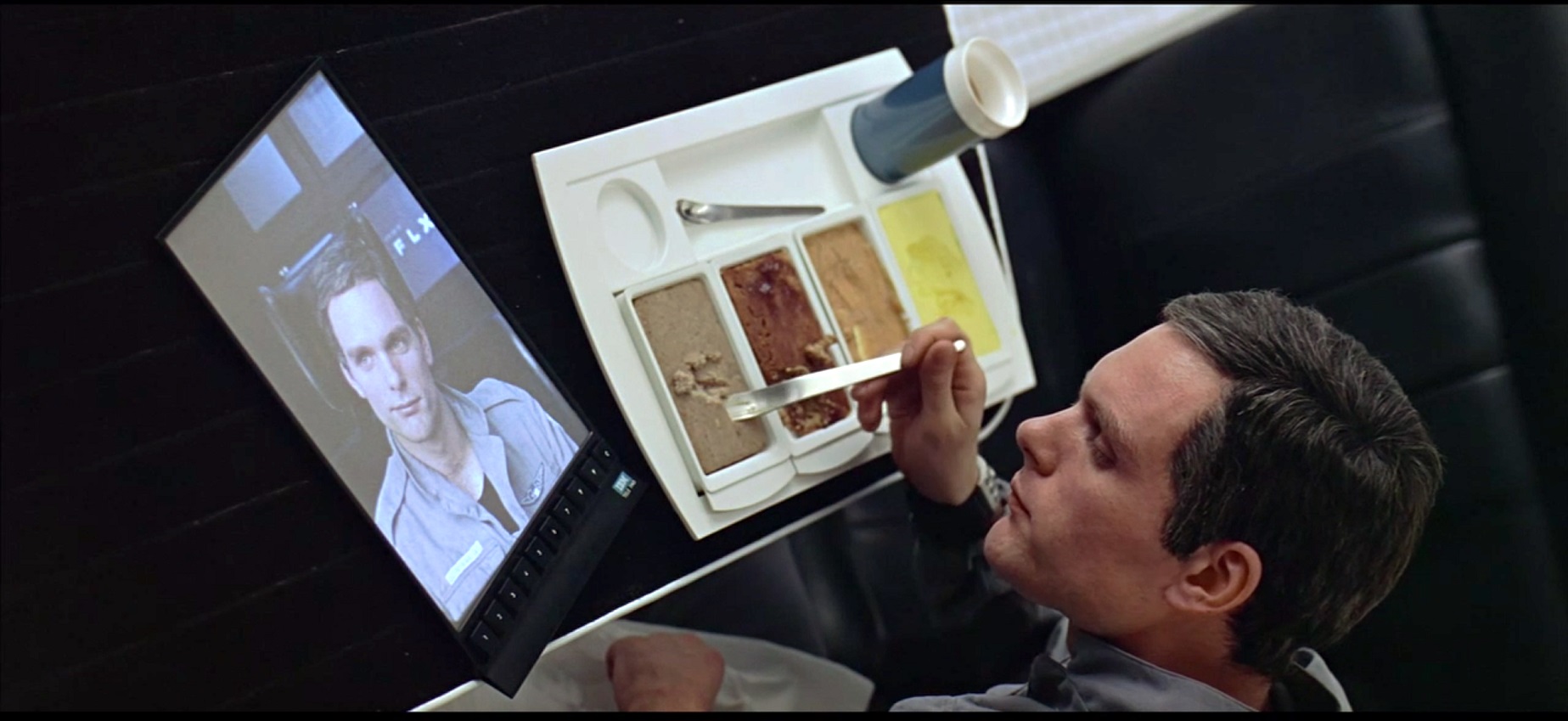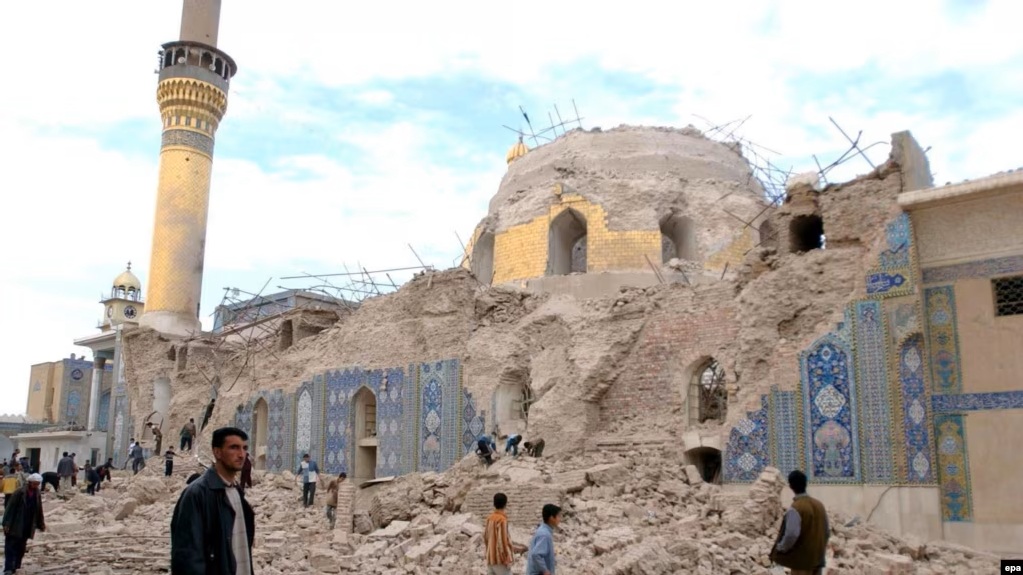
Frequent cases of over tourism and irresponsible visitors have plagued recent news. The world is only getting smaller as access to exploration of previously offbeat countries is on the rise. A growing haven of heritage sights, Uzbekistan invites tourists to experience a visit to their country through their new virtual tour of four cities. With the use of VR (virtual reality) glasses, you can now roam about the streets of Tashkent or look at awe-inducing monuments in Samarkand. The country may be welcome to - or even encourage- the inflow of visitors, but it is only with the awareness of the consequences. Journalist Sher Karimov opens up about the virtual tour, recommended places to visit and active role as a country to ensure sustainable tourism.
What places in Uzbekistan will be visible through the virtual tour?
This is a joint initiative by our embassy and Routern.com, an Indian based IT company. The idea behind this is to give people an opportunity to see the tourist centres without travelling. But the end goal is that once you see the places with your own eyes, you feel encouraged to visit. For the virtual tour program, we have included four main tourist places in Uzbekistan- Tashkent, Samarkand, Bukhara and Khiva. These cities are quite well-known to many Indians and Indian tourists always express desire to visit these places. So, with the help of this program, you can virtually walk on the streets while viewing the ancient buildings at Samarkand.
Another logical reason being that not everyone is able to travel, for different reasons. So, we thought that it would be a good opportunity or gesture for those who want to see the country but cannot travel. This is also something that gives you- at least virtually- a chance to visit the tourist destinations. If we talk about the potential of tourism in Uzbekistan as a whole, I would say that it is one of the richest in terms of heritage tourism countries in the world, especially the ancient cities of Samarkand, Bukhara and Khiva. It is a stunning place in terms of heritage and family tourism. Additionally, we have gorgeous natural sights to offer.
Are there less popular places that you would recommend regardless?
Besides heritage tourism, you can also visit the mountains at Fergana valley and participate in mountain hiking or rafting. We have special places where the river flows, for you to enjoy. On the other hand, you can also experience the desert safari at a region called Navoiy; it is on the way from Samarkand to Bukhara. You can also have a go at eco-tourism. You can spend time in the nature and do fishing next to a lake and spend your night in a tent with your family and friends. It could give you a different emotional exposure.
What do you think of overcrowding of tourist spots and irresponsible tourism that is rampant?
Of course we are aware of these concerns and on our part, we are making significant effort to make tourism sustainable. We are developing our tourist sector on the base principles of sustainable tourism. Of course, when you develop the tourism sector, you have to take necessary steps to make sure that visitors do not damage your assets or harm the environment. Therefore, we know of this matter and we fully support and promote responsible and sustainable tourism.
As you said, every country should take certain steps to ensure responsible tourism. Could you talk about the steps taken by your country?
One of the steps is ensuring responsible tourism through different educational programmes or campaigns to keep nature clean and also to create the necessary infrastructure. For example, if you want certain areas to be clean, you have to provide certain infrastructure for people to use comfortably. Through education and necessary infrastructure, we are making sustainable tourism possible. We have also adopted the new approach of creating new units in our home affairs police units to only deal with tourists. If you arrive at the airport and you are a little confused about what to do, where to go and how to get there, they will help you. Even if you are lost or experiencing some discomfort in the city. You can see this at all tourist centres. Their job is to help you feel safe and comfortable and ensure that you get whatever help you need.
What souvenir, in your opinion, should people get from Uzbekistan?
You have a lot of options for souvenirs from Uzbekistan. It depends on your taste. There is beautiful ceramic work you can find in Fergana valley or Bukhara. You can also purchase the very delicate silk work or silk material that you can find in the country as we have got very good silk manufacturing. And also ikat, which is very popular around the world. Some people might like to get dry fruits. Delicious badams (almonds), walnuts, pistachios and kishmish (raisins) that are all organic and tasty. All this depends on what your preference is and I believe we have plenty of souvenirs for people with different choices.
By Sher Karimov





